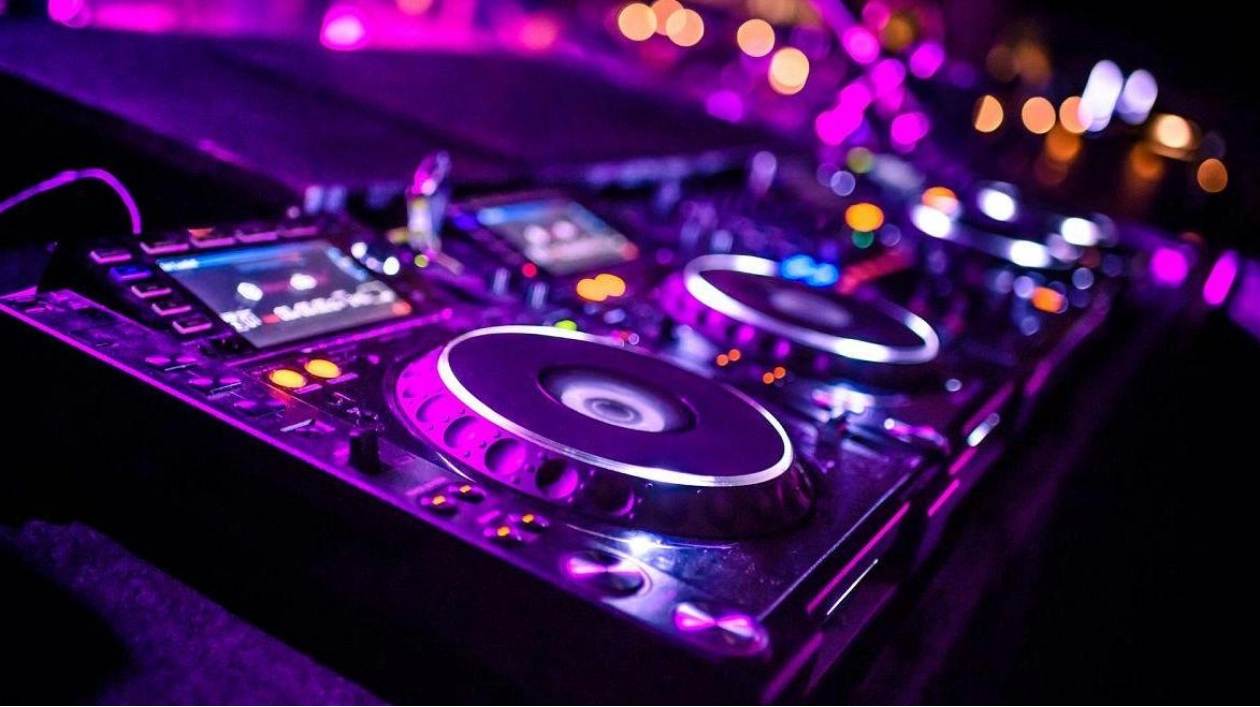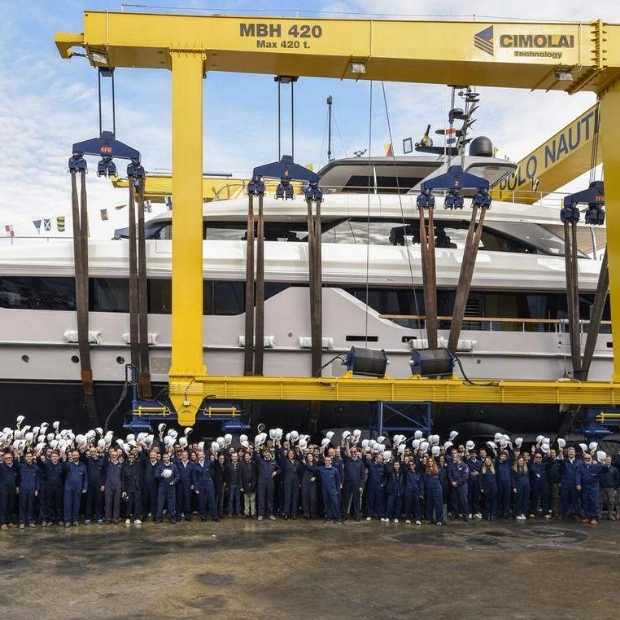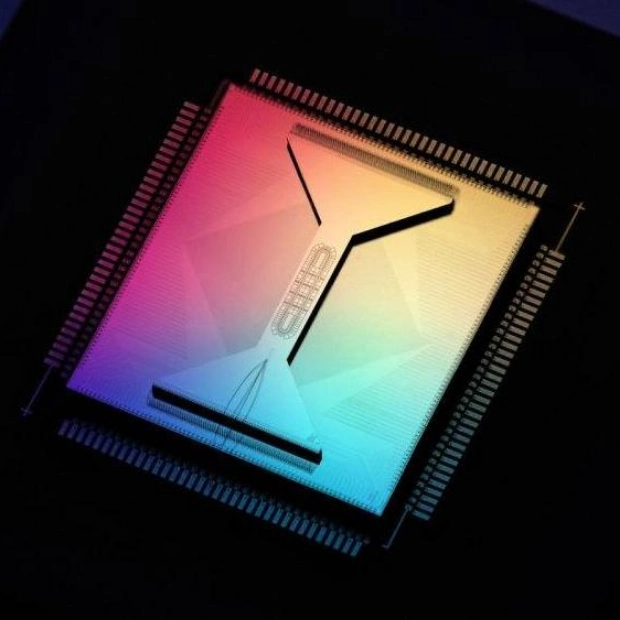At the DJ Awards, Euronews Culture had the opportunity to chat with the winners and other prominent DJs about the current state of the electronic music scene. Among them was Sam Divine, a DJ, producer, and label boss who has been a key figure in Ibiza's House scene for nearly two decades. She was the first female DJ signed to Defected in the early 2000s and has witnessed significant changes on the island. "Ibiza is my second home. I owe so much to this island, both personally and professionally. I learned the ropes in Ibiza, met my best friends here, and even fell in love with my husband," she shares. When asked if the island, still regarded as the epicenter of clubbing, has changed, Divine responds, "I feel like Ibiza is what you make it." At the DJ Awards, where she won in the House category, she brought her father for the first time. "He's 70 years old," she says. "It's amazing that Ibiza is inclusive regardless of age, race, or background."
While some criticize the island for rising prices—with Amnesia tickets often exceeding €100 and drinks rarely under €20—Divine attributes this to the global cost-of-living crisis. "That's a worldwide issue," she notes. She suggests that there are still affordable ways to enjoy the island, such as visiting beautiful beaches, enjoying a €5 meal in San Antonio, or simply soaking in the free sunsets. Mega clubs like Pacha, Amnesia, and Chinois, where the DJ Awards were hosted, can weather economic changes, but smaller venues are struggling with rising rents and reduced disposable income among audiences. Last year alone, 125 UK venues closed or stopped hosting live music.
Luciano, winner of the Ibiza Icon Award for his long-standing contributions to the island's music scene, emphasizes the importance of looking beyond the biggest venues. "The most incredible talents and inspiring moments are often found in smaller, less commercial places," he says. Being a good DJ still requires a deep understanding of music. "You have to seek out knowledge and be open to discovering new sounds in unexpected places," he adds. "Sometimes, the greatest surprises come from street cafes or by immersing yourself in different cultures."
One of the most pressing questions in the arts today is the impact of artificial intelligence. Mathew Jonson, known for his use of analogue technology, is surprisingly optimistic about AI's potential in electronic music. "I primarily use equipment from the 70s and 80s," he says. While he still mixes on a 32-channel analogue desk, he acknowledges the benefits of AI tools. "Using AI has made it easier to gain specific knowledge without extensive study," he explains. AI tools like Empress for seamless live transitions and Rekordbox for music management are praised, but Jonson has concerns. "When music becomes too easy to produce and people are satisfied with mediocrity, it can lead to oversaturation," he says. "I hope music remains special and human."






